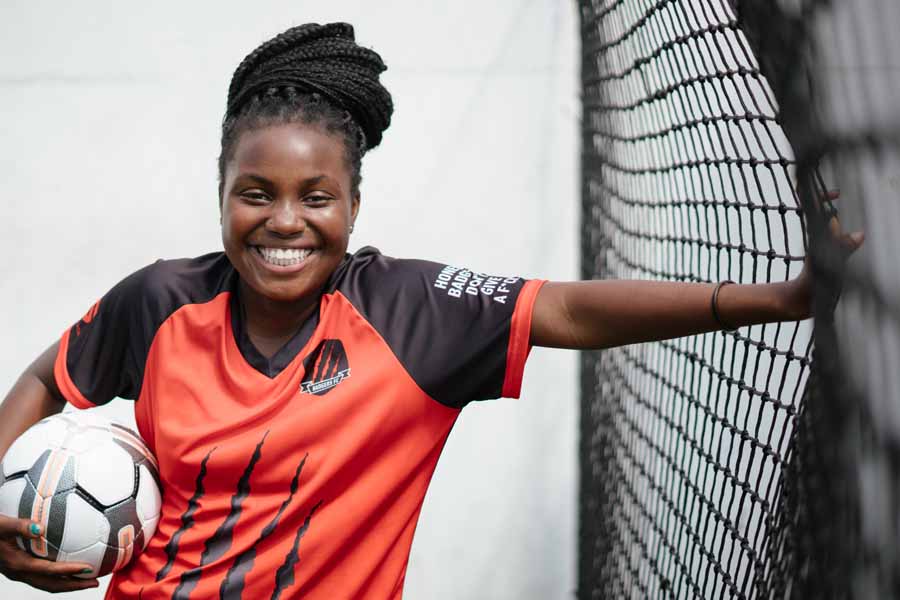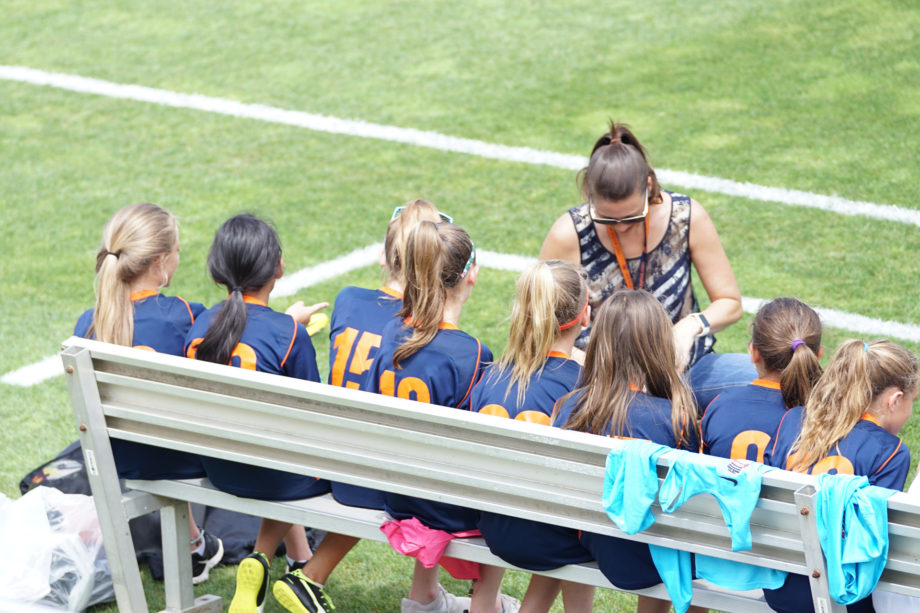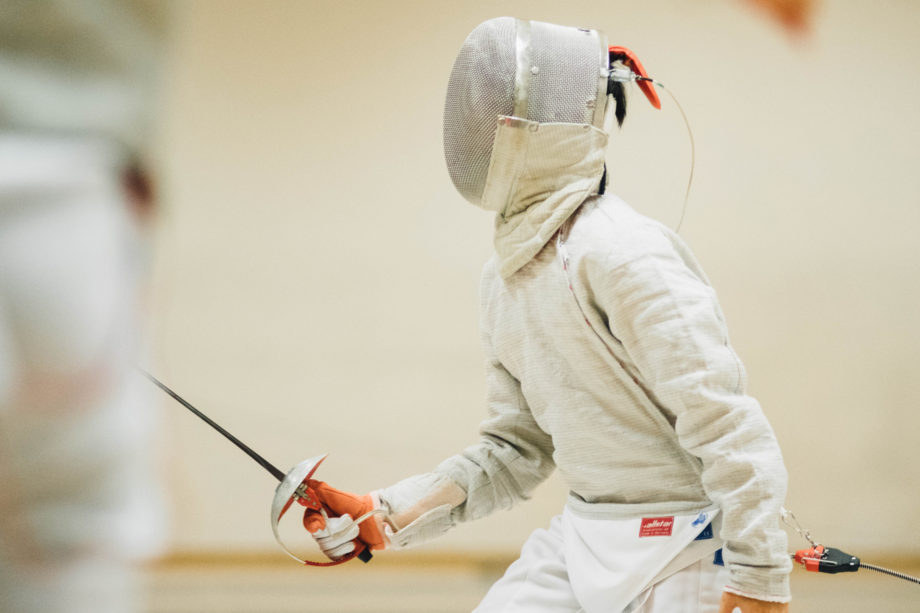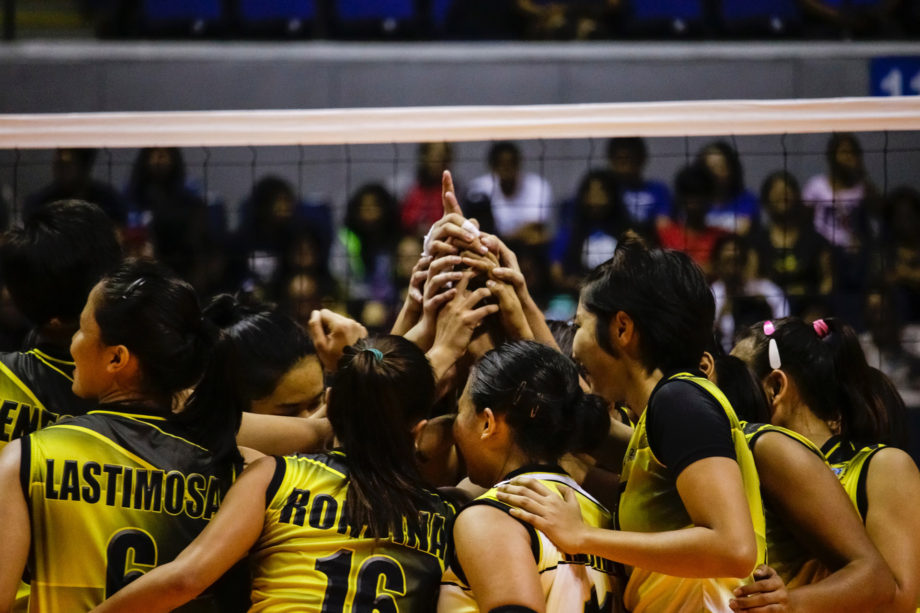The recruiting process makes a lot of prospects and their families very anxious — the stakes are enormous, the competition is tough and emotions are running high. And for most coaches who have been in the business for a couple years, this is something they do every day, all day– it’s something they can do in their sleep.
But understand, when coaches are asking you questions (especially personal, non-athletic questions) they are simply trying to get to know more about you. They’re trying to make you feel comfortable, working to build a relationship with you and your circle of family and friends. They want to know what you like/dislike so if they want to move forward with the recruiting process, they know how to sell their program to you. They’ll ask you what your favorite food is, who your favorite pro player is, favorite sneaker brand, favorite vacation spot, favorite music artist– they’re just trying to get to know you and use that information to build a relationship and to find ways to sell their program, university, city and personality to you.
Relax and just be honest with them, tell them more about yourself (believe me, they’ve heard it all) and what you’re looking for. There are no wrong answers. You don’t have to fit a stereotype of a certain type of athlete to be taken serious– there is a wide range of interests and personalities of players, so coaches are just trying to figure out what type of person you are. They can watch your film and talk to your coaches to determine how you would fit in as an athlete; next they’re trying to figure out what your vibe is as a person and how you would fit in with their lockerroom. But again, there are no wrong answers; all teams have a wide range of personalities.
Two ways to ace this part of the process, besides from just being honest: Don’t let mom or dad answer every question for you, and ask the coaches questions too! Coaches want to hear directly from you and get to know you personally without mom interjecting everything she thinks they’d want to hear. Coaches also like players who can carry a conversation with them, and ask them questions as well — it’s often a sign of maturity when players can feel comfortable, hold a conversation and ask questions too.




